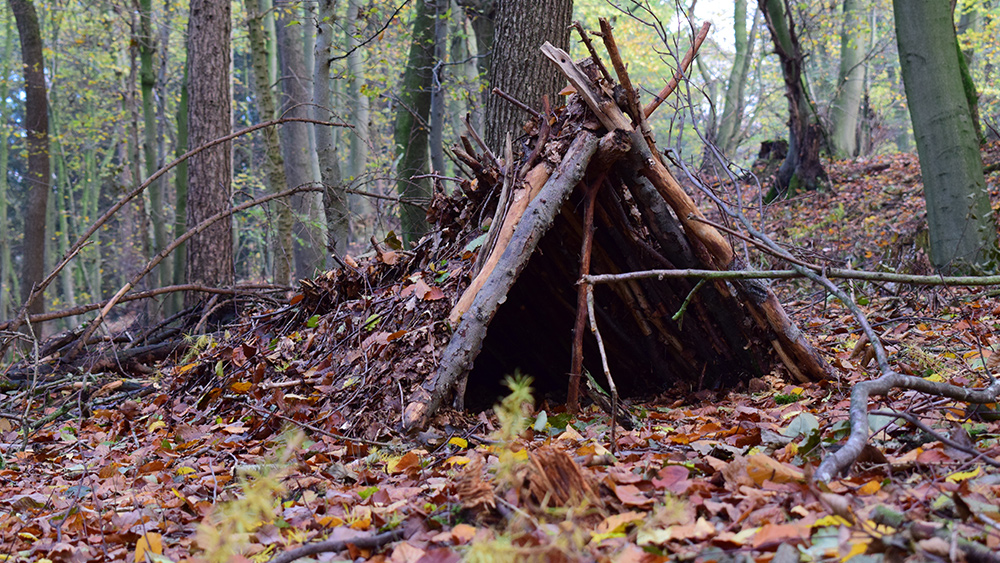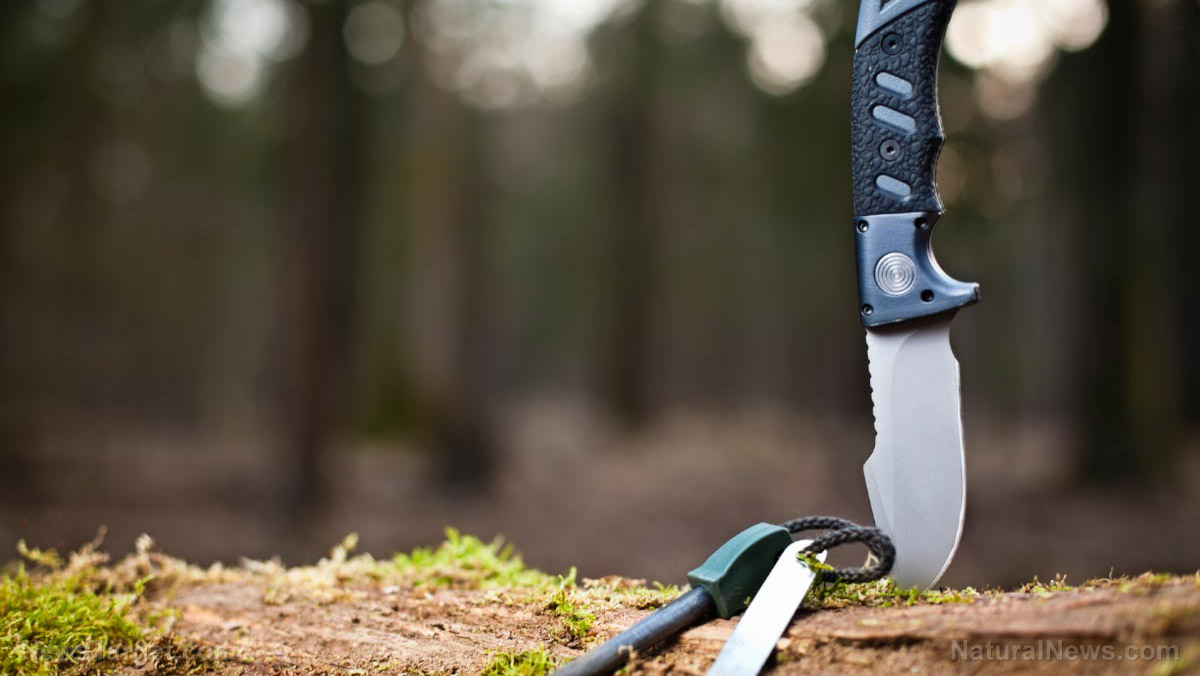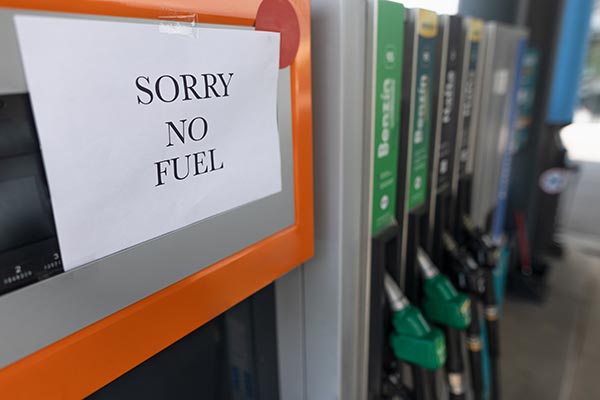
A safe room is a must-have for serious preppers. It can help provide near-absolute protection for you and your family from injury or death caused by disasters and other emergencies. Ideally, a proper safe room is also stocked with a variety of survival essentials, such as food, water, weapons and communication gear.
Generally speaking, the term "safe room" can encompass anything from a spare bedroom to a reinforced room with composite armor walls and a hidden escape tunnel. This is just to say that there is no hard-and-fast set of rules for the construction of a safe room. Each one will be constructed or equipped based on the owner's needs.
A safe room won't guarantee your survival through every single disaster or emergency. But it can, at the very least, see you through some of them. Knowing when to retreat to your safe room is a vital part of survival.
On that note, here are some disasters and emergencies you can avoid or survive if you have a safe room to retreat to: (h/t to SurvivalSullivan.com)
1. Home invasion
Most home invaders break into homes to loot. However, the situation can go south quickly if they find out that the owners are there or are awake. In such cases, it would be useful to have a safe room that you and your family can retreat to and wait in until the invaders leave or until local law enforcement officers arrive.
2. Tornado
Tornadoes are violently rotating columns of air that can threaten even the strongest structures. The extremely powerful winds a tornado brings, as well as the debris caught up in those winds, will pose great hazards if you're inside a conventional residential home.
A safe room that is properly reinforced against tornadoes should be located near the very center of the home. Alternatively, you could put yours below ground level if you have a basement.
Reinforced and unified walls, floors and ceilings will also help in anchoring a safe room and prevent it from getting toppled or blown over in case the surrounding house is obliterated.
3. Hurricane
Like tornadoes, hurricanes also come with immensely powerful winds and wind-blown debris. They can easily level conventional residential homes and other buildings. Worse, hurricanes come with additional threats, such as flooding and storm surges. (Related: Hurricane prep checklist: 12 Things to do before hurricane season.)
A safe room fit for surviving a powerful hurricane shouldn't be located below ground level as it may easily turn into a watery grave. If your house is not located in a flood-prone area, however, a ground-floor safe room is better than no safe room at all. Just make sure to properly reinforce the room to prevent leaks or water intrusion both from above and below.
4. Terror attack
A terror attack can be anything from a direct assault on civilians using weapons to the deliberate setting of mass fires. No matter the kind of terror attack that breaks out near you, retreat to your safe room immediately and wait it out.
5. Airborne contamination
Radioactive fallout, vapors from a chemical spill and a biowarfare attack can make the air unsafe to breathe. If you find yourself in a situation where there is airborne contamination, you shouldn't risk going out. Instead, retreat to your safe room and contact the appropriate authorities. In cases such as these, it also helps to have a safe room that's equipped with an air filtration system.
6. Earthquake
A reinforced safe room built using strong materials and earthquake-resistant technology can help see you through powerful earthquakes. However, such a safe room could be expensive. A cheaper approach would be to deliberately reinforce a single room in the house either during the construction of the house itself or as part of a remodeling project. Make sure to secure overhead materials since falling debris is a major hazard during earthquakes.
7. Attempted kidnapping or rape
An attempted kidnapping or rape relies on the bad guy getting to you. If you've locked yourself in a properly reinforced safe room, then the criminals can't get to you. If they can't get to you, they can't harm you.
It would also be a good idea to stash weapons in your safe room so you can have a better chance of fending off attackers.
8. Domestic violence
Men and women can be victims of domestic violence. If your partner attempts to intimidate you with violence, retreat to your safe room immediately. Hunker down there until law enforcement officers arrive.
Having a safe room in your home can help provide protection from various disasters and emergencies, such as tornadoes and earthquakes. Consider building one or converting an existing room into a safe room.
Preparedness.news has more articles with tips on how to prepare for natural disasters.
Sources include:
Please contact us for more information.





















